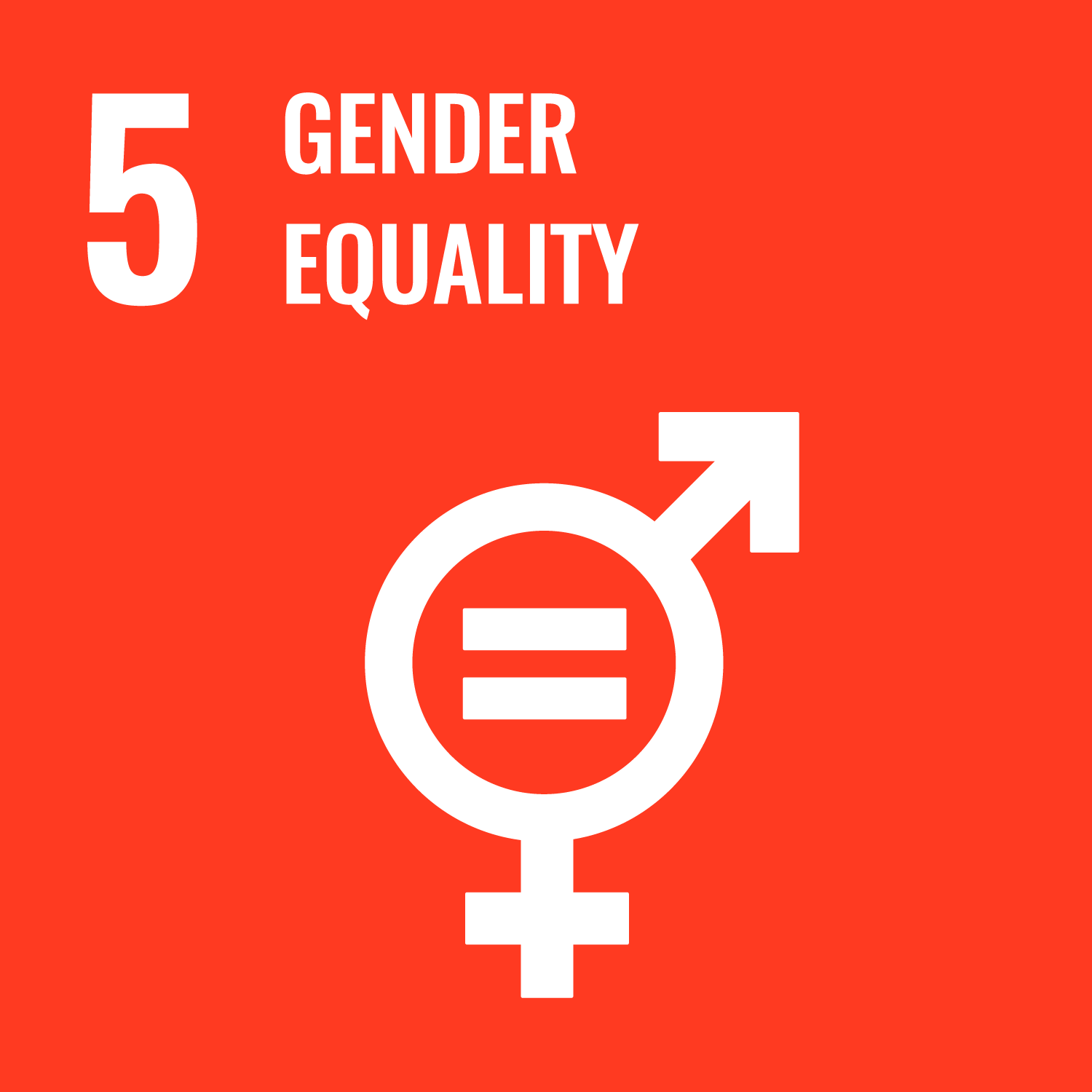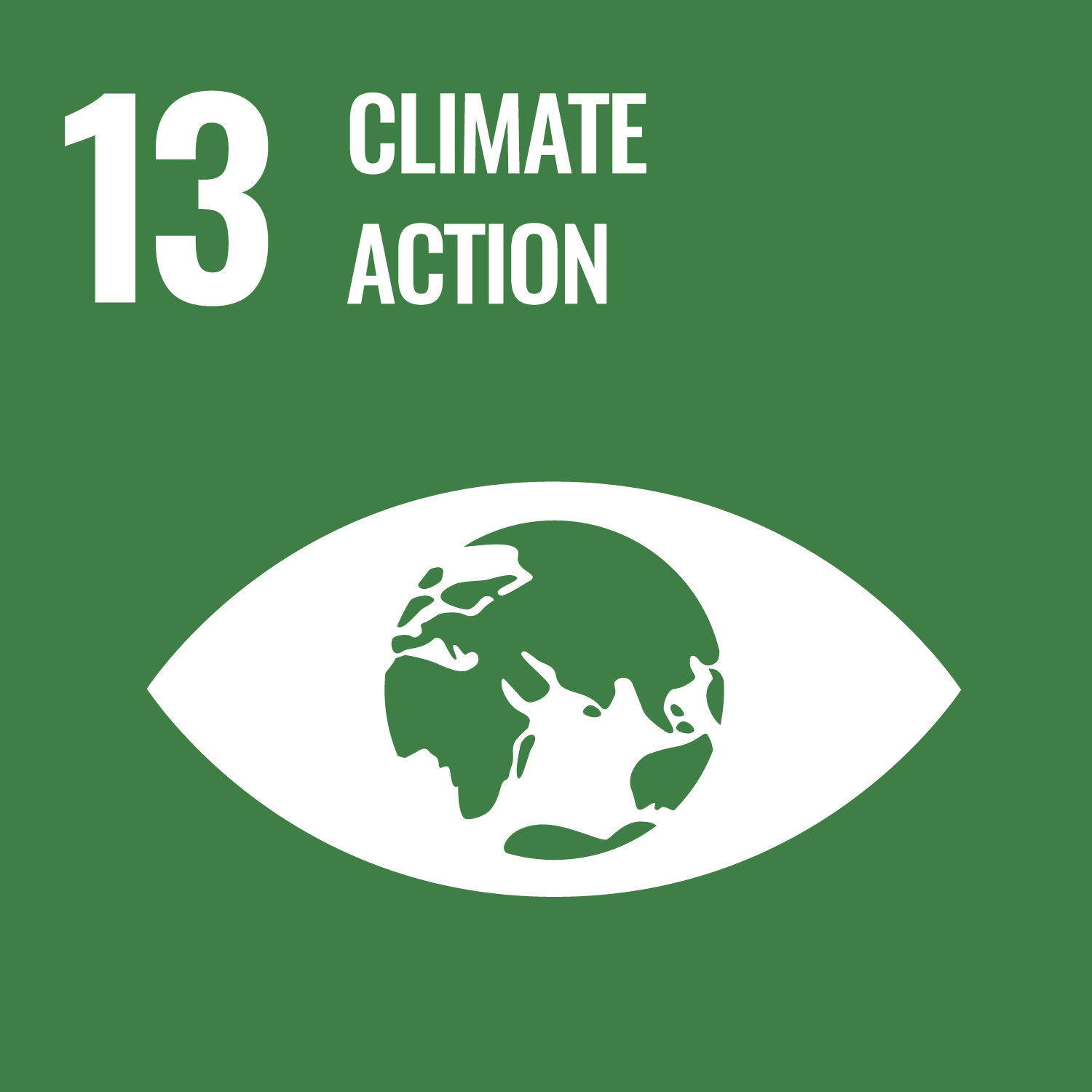Youth and Young Women’s Livelihoods (YYWL) Fund
Aligned SDGs




- Youth and Young Women’s Livelihoods (YYWL) Fund
- General overview
- Intervention
- Target population
- Location
- Outcome metrics
- Last data update
- Spreadsheet of data
- Youth and Young Women’s Livelihoods (YYWL) Fund
- General overview
- Intervention
- Target population
- Location
- Outcome metrics
- Last data update
- Spreadsheet of data
General overview
Stage of development: Early stage
Policy sectors: Employment and private sector development / Education
Type of instrument: Outcomes Fund
Delivery locations: Senegal / Tanzania
Country classification: Lower-middle-income
Expected launch date: Q2 - 2023 or later
Project design process began: Q4 2021
Max potential outcome payment: USD 1.50m
Intervention
Social or environmental challenge
The analysis of Senegal’s and Tanzania’s socio-economic contexts showed a mismatch between available skills and job market needs as well as the vulnerability of the youth and particularly young women when it comes to unemployment or decent employment. The development of both vocational training to equip young people with adequate competencies and entrepreneurial skills stands out among the main priorities identified in both countries. Access to capital for the youth and young women is also a key issue identified.
Description of the intervention
Feasibility study confirmed the relevance of 5 types of interventions: life-skills development, vocational training, support to entrepreneurship, job placement services and financial inclusion. Intervention model to be further defined around at least one of these categories in collaboration with the selected service provider(s) during the strucuturing phase.
Target population
Young people aged 15 to 35 years old with a specific focus on young women
Location
Country:
- Tanzania, United Republic of
- Senegal
Locality:
- Senegal
- Tanzania
Outcome metrics
- TBD (potentially around increased livelihoods, micro-enterprise creation, job placements)
Last data update
Data for this pipeline project was last updated in September 2022
You might have noticed that some pipeline projects have more data than others. This is because organisations can share as much data as they want with the INDIGO initiative. If you have more data on one of these pipeline projects and would like to share with us, please get in touch at indigo@bsg.ox.ac.uk. Our full list of variables and data definitions can be found here.
Spreadsheet of data
Important Notice and Disclaimer on INDIGO Data
INDIGO data are shared for research and policy analysis purposes. INDIGO data can be used to support a range of insights, for example, to understand the social outcomes that projects aim to improve, the network of organisations across projects, trends, scales, timelines and summary information. The collaborative system by which we collect, process, and share data is designed to advance data-sharing norms, harmonise data definitions and improve data use. These data are NOT shared for auditing, investment, or legal purposes. Please independently verify any data that you might use in decision making. We provide no guarantees or assurances as to the quality of these data. Data may be inaccurate, incomplete, inconsistent, and/or not current for various reasons: INDIGO is a collaborative and iterative initiative that mostly relies on projects all over the world volunteering to share their data. We have a system for processing information and try to attribute data to named sources, but we do not audit, cross-check, or verify all information provided to us. It takes time and resources to share data, which may not have been included in a project’s budget. Many of the projects are ongoing and timely updates may not be available. Different people may have different interpretations of data items and definitions. Even when data are high quality, interpretation or generalisation to different contexts may not be possible and/or requires additional information and/or expertise. Help us improve our data quality: email us at indigo@bsg.ox.ac.uk if you have data on new projects, changes or performance updates on current projects, clarifications or corrections on our data, and/or confidentiality or sensitivity notices. Please also give input via the INDIGO Data Definitions Improvement Tool and INDIGO Feedback Questionnaire.